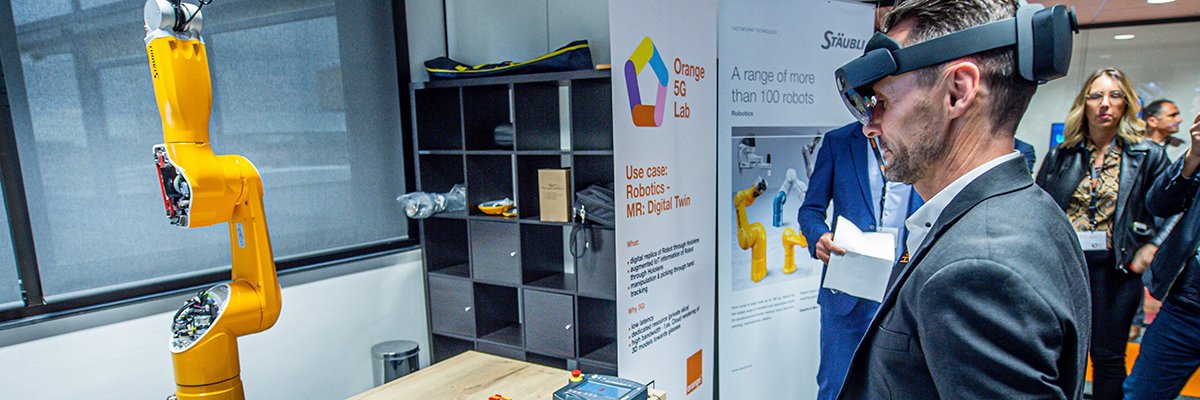An old colleague always had a curious request at lunchtime. For health reasons, he was vegetarian, but he still missed the taste of ground beef. So he’d ask the chef in the cafeteria for a veggie burger that was cooked next to the beef patties. The grease that seeped over made the plant substitute taste that much better.
The folks at Mission Barns must have overheard our lunchtime conversation. They have developed animal-free, cultured pork fat. The product just received approval from the U.S. Department of Agriculture, the company exclusively told News. The stamp of approval allows the startup to sell the fat to consumers.
It’s the first such product to reach the market, and it could unlock a host of fattened-up meat alternatives.
“It really enables anyone, any of our partners who are using our ingredient, to also launch a product into market,” Cecilia Chang, chief business officer at Mission Barns, told News.
Scientists have been trying to culture meat for years. The world’s first lab-grown burger hit food critic’s mouths in 2013, though it cost an estimated $330,000. The costs have come down significantly since then, but a burger made from lab-grown beef still costs several times that of a McDonald’s classic. Part of the problem is that muscle cells require something to grow on, whereas most cells cultured today grow in large vats of liquid media.
But fat isn’t as picky, making it easier to grow at a cost that consumers can swallow. And when it comes to flavor, it packs a punch.
To grow the fat, Mission Barns first takes a small sample, like a biopsy, from a living pig. It then introduces it into a bioreactor containing a growth media. Because fat floats, the startup had to develop its own bioreactor to ensure the cells were evenly distributed throughout the media. If they clumped at the top, they wouldn’t get access to enough food to grow properly.
Techcrunch event
San Francisco
|
October 27-29, 2025
Mission Barns’ first products are bacon, meatball, and sausage alternatives made using pea protein paired with its cultured pork fat. The startup is also supplying other companies with its fat to incorporate into their own recipes. In the long run, Chang said, selling to other food manufacturers will be its main business.
Pea protein is a common ingredient among alternative meats, but Chang said that Mission Barns’ recipe differs. “Because the fat gives you so much flavor, you’re actually taking out some of the most expensive ingredients in an alternative protein product, the artificial flavorings,” she said.
Chang also said that, perhaps incongruously, Mission Barns’ cultured pork fat should allow for healthier alternative meats. Recipes won’t need as much salt to mask the pea protein taste, and the company can tweak what the cells eat, boosting omega-3 fats, for example.
For future products, Mission Barns is mulling pork fat with a more intense flavor. “You can get away with adding less of the fat, and that has the nutritional profile of a salmon fat,” Chang said. “When we talk to partners, they’re like, ‘Oh hell yeah, sign me up.’”










